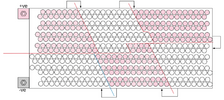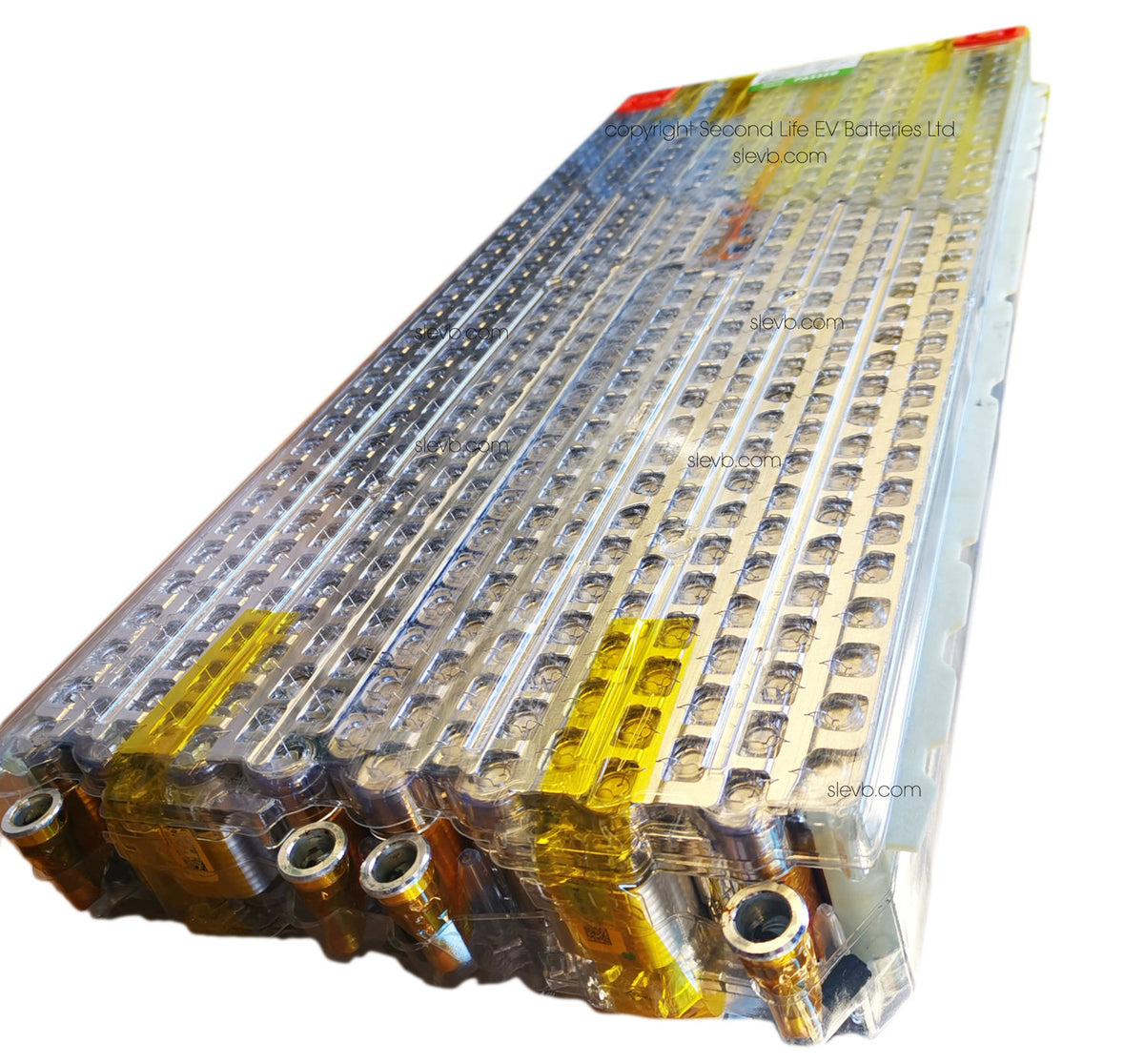(BMW_029.... hmmm

)
Considering the updates actually have nothing whatsoever to do with the cause of the issue (as I've said many times before), it'll be interesting to see what kind of angles the lawyers come up with.
There's only two possible states with regard to this:
- You have a vehicle which has no cell-level battery issues.
- You have a vehicle which has one or more cell-level battery issues.
If you're in the latter group, there's two possibilities:
- You have a modern firmware version, in which case the specific issue is detected and flagged. A safe charge level is determined, locked, and you get BMS_u029 (charge limited). Your vehicle still functions sufficiently to get it to service, or at least on to a hauler under its own power. Or...
- You have an older firmware version, in which case this issue is still detected, but the vehicle shuts down the HV battery entirely for safety. It knows there's an issue, but doesn't know the severity so it has to assume the worst. The vehicle isn't drivable at all, and must be towed.
Either way, you've got a battery issue. The software updates don't
cause battery issues. All that's been done in the updates in this case is a more focused mitigation for certain battery issues. Instead of just shutting down, the BMS is able to differentiate certain types of problems from one another and get you
more usability than you would have had in older versions.
But sure, let's sue Tesla for their good engineering and development efforts.

I'm sure Tesla will present this argument in court if need be, and in a sane world that dismiss the case... but, who knows.
---
Edit: Skimmed through the complaint linked... absolutely amazing how little these attorneys actually understand about how this stuff works.




